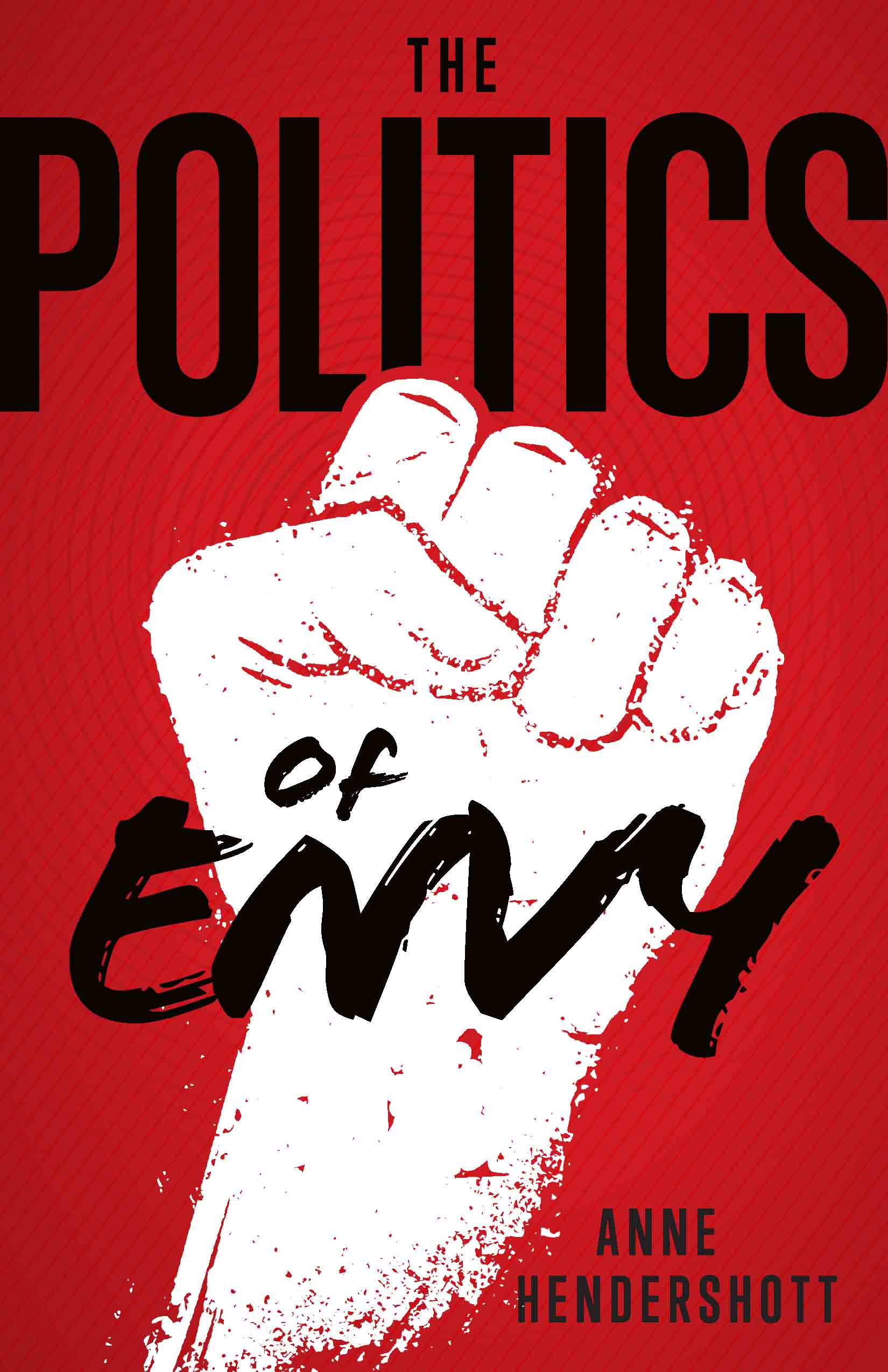One of the seven deadly sins, envy is a painful reminder that people we know are enjoying something that we are not. Sometimes we hate them for the pleasure they seem to be getting from that something. Other times we may not even want what they have, but we know that we don’t want them to have it. In its most virulent form, envy is characterized by a desire to take away the coveted object or advantage from the other — even when depriving them means losing something ourselves. For the truly resentful, it is a small price to pay. In his short treatise, Envy, Joseph Epstein writes that of the deadly sins, only envy is no fun at all.” Most of us refuse to acknowledge our envy — even to ourselves.
In some ways, envy is the worst of the deadly sins because it leads to so many of the others. Greed begins with envy and wanting more, and envy plays an important role in lustful longings and gluttonous urges. The envious want the unattainable — and they want it all. The resentment that accompanies envy often erupts in anger and resentful rage; and it is inextricably intertwined with pride. Often called the “sin of sins,” the sin of pride is — like the sin of envy — a narcissistic preoccupation with self. The truly envious are the truly prideful who believe that no one is more deserving of advantages and rewards than they. Saint Augustine of Hippo (354–430) wrote that “pride is the commencement of all sin because it was this which overthrew the devil, from whom arose the origin of sin; and afterwards, when his malice and envy pursued man, it subverted him in the same way in which he fell . . . when he said ‘Ye shall be as gods.’”
Envy derives from the Latin invidia, which means “non sight.” This etymology suggests that envy arises from, and creates, a form of blindness or lack of perspective. In Purgatorio, Dante Alighieri had the envious punished by having to wear penitential gray cloaks, their eyes sewn shut with iron wire because the truly envious are blind to the goodness, truth, and beauty around them — warning that the envious are blind to reason and love, spending their days tormented by resentment toward those who possess that which they covet. It is an enforced blindness, so that the once-envious souls can no longer look at others with envy and hatred. Still, they can hear those who are envied. Dante spoke of Florence, placed in the second terrace of Hell, in Inferno 6, as a city so filled with envy that it overflowed, warning, “Your city, so stuffed full with envy that the sack’s mouth spews it up, once held me in the calm and sunlit life.” Comparing those who envy to dogs turned into wolves, Dante wrote that the savage nature of the envious can be tamed only through blindness, and once humbled, the afflicted finally learn to rely on each other in their suffering.
+
This article is adapted from a chapter in The Politics of Envy by Anne Hendershott which is available from Sophia Institute Press.
Art for this post on Envy: Cover and featured image used with permission.





